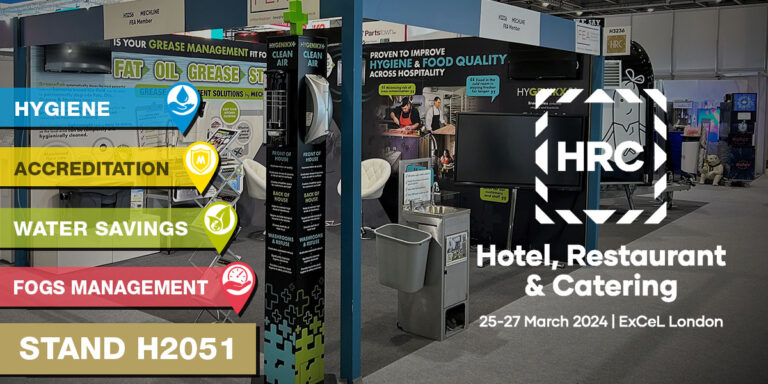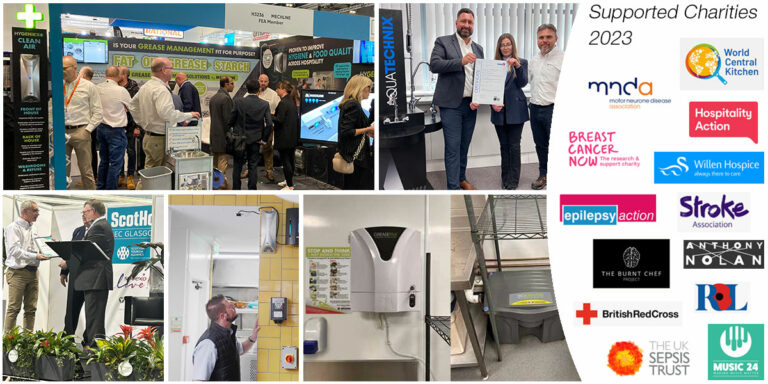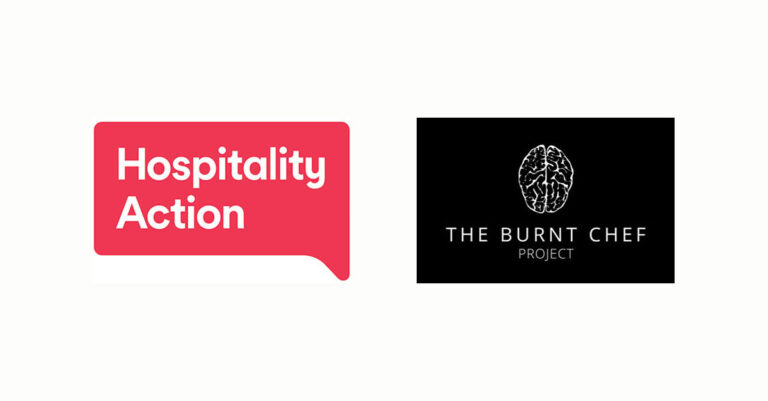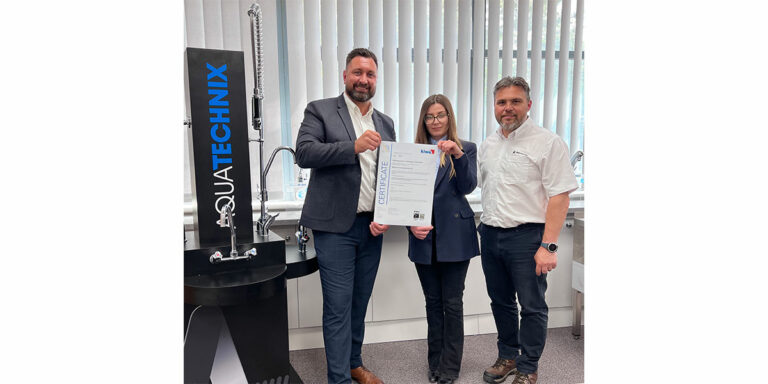In 2020, local authorities recorded almost 71,000 complaints about food safety and the hygiene practices of local businesses – a 5 per cent increase on the year before. Elsewhere, food standards complaints covering things like authenticity and food fraud grew 3 per cent between 2019-2020. Following a particularly challenging year for the hospitality industry, we’re guessing you’d like to avoid becoming one of those rather alarming statistics. Maintaining high standards throughout your food business has never been more important; according to a recent study, 2 in 3 customers said that good hygiene is far more important to them when choosing a restaurant now than it was before the pandemic.
The three food hygiene regulations that apply to your restaurant
When it comes to food safety and hygiene laws in Great Britain, there are three key areas of legislation you need to be aware of:
- the Food Safety Act 1990, which provides the framework for food legislation and enforces penalties for offences committed in relation to safety, quality and labelling.
- the General Food Law Regulation (EC) No 178/2002, an EU regulation which has been translated into British law, laying out general best practice and regulation for food preparation.
- the Food Safety and Hygiene (England) Regulations 2013, which build on the Food Hygiene (England) Regulations 2006 and certain provisions of the General Food Regulations.
Implement a food safety management system
Hazard Analysis and Critical Control Point (HACCP) – just as warm and fuzzy as it sounds. A standardised way of managing food safety hazards in restaurants of all shapes and sizes, HACCP involves looking critically and objectively at your business to see what could go wrong and where the potential hazards are. This will help you identify areas of your business that require special attention to bring them up to the correct standard, as well as any actions you need to take in the short and long term. It is essential that you are fastidious in your record-keeping; looking back at these records will show you which of your procedures are working – and to what extent.
The basic principles of HACCP are as follows:
1. Hazard analysis
Looking for chemical, physical and biological hazards – with a particular emphasis on controlling biohazards, which hold the most severe consequences for business owners where hazards are identified. Examples of biological hazards include pathogens, such as bacteria, viruses, and fungi which can cause food-borne illnesses. It’s important to be proactive about dangers that can be avoided with sufficient planning and close observation.
2. Identify critical control points
If you think of your food production process as a journey, critical control points or CCPs are the stops along the way – points where an element of control can be placed to negate risks or hazards.
3. Establish critical limits
Once you’ve worked out what the hazards are, it’s time to put metrics in place to help determine the exact point at which they become a risk. This could be any variable, for example, what temperature you cook or store meat at.
4. Find a monitoring system that works for you
Create a system to monitor your overall health and hygiene, deciding what you will be monitoring, how often, and who is responsible.
5. Put corrective action procedures in place
When things go wrong, review your food production process, isolate the incident, and put measures in place to make sure it cannot happen again.
6. Keep records
Of every single procedure and action – no matter how big or small. These documents help you check how you have analysed hazards over time – and are the best way to prove how thorough you have been should you ever need to.
7. Review your plan
Now that you have a solid plan in place, go back over it to make sure that every single check and action contributes to the safe production of food. Review records, check instrument calibration, test food products – whatever it is you need to do to feel absolutely confident in your plan.
Get your people and your premises ready
You’re almost ready to welcome customers into your new, safety-enhanced restaurant. But before you do, the following points must be reviewed as a matter of urgency. Consider the following questions:
Is the design of my space conducive to impeccable food hygiene?
Are surfaces, floors, walls and doors safe, durable, non-toxic and easy to clean? Are ceilings and overhead fittings likely to attract condensation and mould? Do you have all the washing facilities you need to comply with legislation around cleaning food and utensils?
How good is my water supply?
Is all water used to clean, cook, heat, steam food and turn into ice of drinking quality? Is water used for non-food purposes kept isolated so it cannot contaminate?
How are my washrooms?
Are they easy to clean? Are staff up to date on hygiene practices, particularly in this post-pandemic period? Are you actively promoting good hand hygiene?
Are my kitchens and washrooms properly ventilated?
Are there windows, fans and other ventilation equipment in place to help keep condensation and bacteria at bay? Did you know that air and surface sanitisers can help you combat airborne viruses and bacteria?
How is my food waste management?
Is waste being removed from food prep areas as quickly as possible? Are containers designed to prevent contamination, deter pests, be easy to clean and so on?
How is my food storage?
Is food being stored for the appropriate time, at the appropriate temperature, in appropriate containers, in the appropriate place?
Have my staff received the very best training?
Are employees up to date in their food safety and hygiene training? Do they truly understand the value of putting these learnings into practice?
With hygiene in the spotlight like never before, exemplary food hygiene will be a key factor in the future success of your food and hospitality business. According to research, 88 per cent of people in the UK now say that it is important to them that businesses they buy food and drink from, have a good reputation for hygiene and infection control, with 58 per cent considering it “extremely important”.
To ensure you keep abreast of the latest developments in food safety and hygiene while building on the foundational learnings upheld throughout your business, you can always refer to the Food Standards Agency (FSA) for more information –– this is the non-ministerial government department responsible for food safety and hygiene in England, Wales and Northern Ireland.








